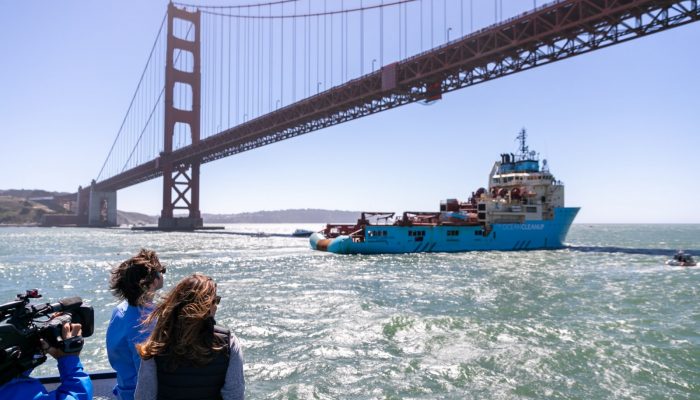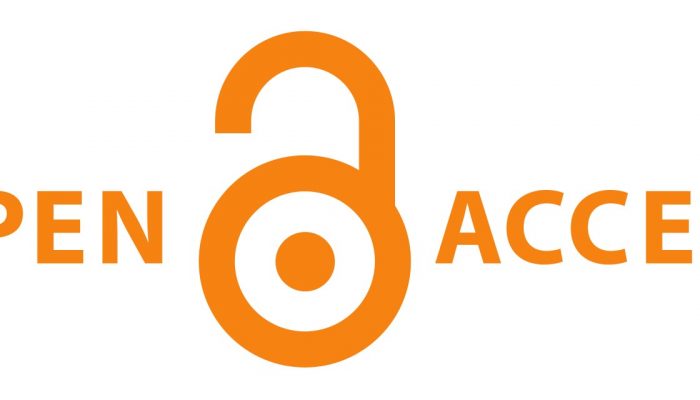Robert Emberson can’t help but wondering how geoscience, whilst having great potential for helping sustainable development, has been fueling polluting industries for centuries. Should geoscientists shy away completely from engaging with traditional industries? What are their roles and geoscientists’ roles in transitioning to a more sustainable world? [Editor’s note: This post reflects ...[Read More]
Private solutions, public science: how to bridge the gap?

The urgency around many sustainability issues leads some billionaire investors to throw caution in the wind, frustrated with the pace of academic research. Robert Emberson sympathises with private projects like the Ocean Cleanup, even when things go wrong. ‘How’, he asks, ‘might we build a constructive bridge between ambitious entrepreneurs and scientific sceptics? ‘ Reading and writing about sust ...[Read More]
The Sustainability Argument for Open Access Publishing

Those who follow the work of GfGD, either via posts on this blog or more direct engagement, will know that there are a multitude of connections between geoscience and the Sustainable Development Goals. The SDGs are almost impossible to disentangle from resource use and environmental pressures, subjects which are themselves cornerstones of modern geoscience. While this may be the case, a key questi ...[Read More]
The Case Against Fieldwork – How can we internalise the carbon cost of fieldwork, as scientists who investigate the earth system?
There are few, if any, fields of human study for which fieldwork is more fundamental than geology. For many geologists, the solid earth itself is their subject, and this means observations can be made at any given location on the planet. Moreover, the local quirks of different environments almost necessitate a diverse range of study sites for us to fully comprehend the differing processes that gov ...[Read More]

